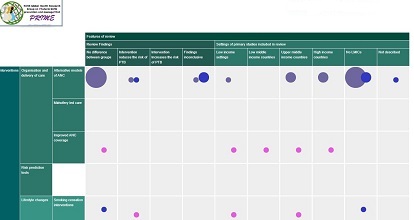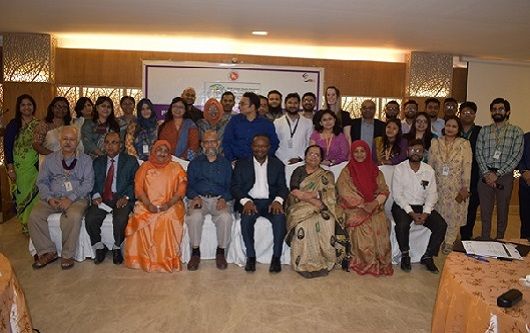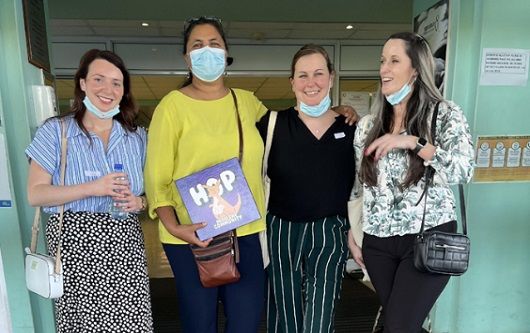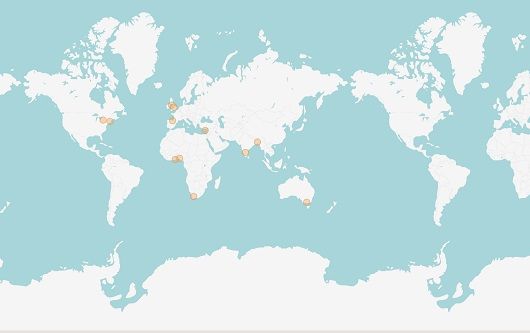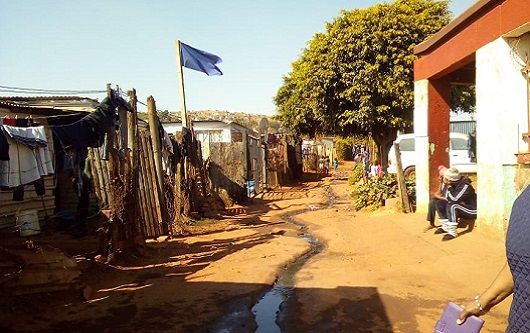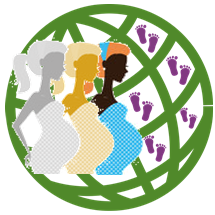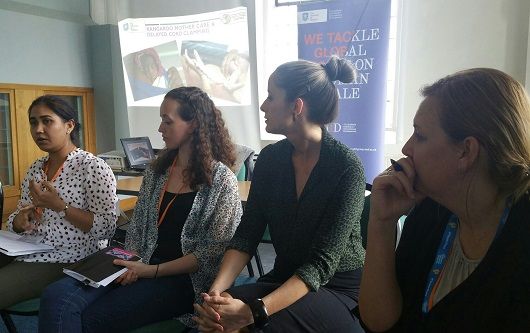PRIME Early Career Researchers take part in Capacity Building activities held at The University of Sheffield
The University of Sheffield (UoS) has recently held two excellent events, namely the 10th Sheffield Institute for International Development (SIID) Post-graduate Conference with the theme of “Decolonising Development” and a Research Ethics Workshop entitled “Developing Best Practice for Researching in the Global South”. Several UK-based PRIME Early Career Researchers (ECRs, Megan Cavanagh, Bronwen Gillespie, Siobhan Gillespie, Shamanthi Jayasooriya, Gertrude Nyaaba, Kerry Parris, Shumona Salam) attended these events. A PRIME PhD student panel was held at the SIID conference, chaired by myself (Julie Balen, PRIME co-I), and Shami Jayasooriya and I both facilitated group discussions at the workshop. Here, I reflect on the value of such events for NIHR Global Health Research Groups (and Units), as well as for other GCRF-funded research teams, and on the importance of critically discussing ethical and international development issues that may arise in interdisciplinary ‘global’ research, such as that conducted by the PRIME group.
The two events focused on a set of related issues, with rich discussions from a range of disciplinary approaches. Attendees included staff and students from all levels of academia including Undergraduate and Postgraduate students, and early-, mid- and senior- level staff. Between them, participants had extensive work and life experience from around the world, including Bangladesh, Nigeria, South Africa and United Kingdom.
One of the points of discussion that struck me the most was around the importance of determining research and policy priorities within country settings, and subsequently designing research that specifically addresses key gaps and challenges in these contexts. This essentially requires strong partnerships to be established prior to the research design phase, so that teams can respond to funding calls through a co-ordinated and “in-country”-led approach. Although PRIME is based on relatively new partnerships, a preparatory phase was built into the bid to allow for scoping out, and learning from, local contexts and teams in Bangladesh, South Africa and Nigeria. To do so we held several Stakeholder-Led Research Prioritisation Events (SRPEs) in each of the partner countries, whereby the study team worked together with local stakeholders – including key policy makers, programme managers and implementers, clinicians, and members of the public – to prioritise potential research according to the specific needs of each country. Although PRIME is a multi-country study, we are therefore able to contextualise and prioritize research according to local needs, stakeholder experiences and available expertise. Moreover, PRIME is using a validated approach to broader national-level research agenda setting (on the topic of pre-term birth), namely the Child Health and Nutrition Research Initiative (CHNRI) methodology (see for example Rudan et al, 2008). Shumona Salam gave a brief overview of this approach and how we are using it within PRIME. The group discussed this, as well as other ways of addressing the issue of how research can respond to in-country needs; one participant discussed the role of reverse innovation, and the wider group also debated “what exactly counts as knowledge”, especially technical versus experiential knowledge, and how both of these must ideally be drawn upon and integrated when designing and implementing research. All participants agreed that without appropriately engaging tacit and traditional forms of knowledge, research is unlikely to produce long-lasting and impactful results.
I very much appreciated the discussions around power and positionality, given that I teach this subject to Master’s students who are about to embark on their dissertation research projects. There was a strong agreement regarding the importance of reflecting on the outcomes and impacts of research projects – who benefits from the research, to what extent, and how? However, there was much less agreement regarding the topic of payment for participation. Interestingly, those who had been trained in biomedical research were less inclined to support payment of research participants than were those who had been trained in other disciplines – and this helped us reflect on the fact that working in interdisciplinary teams holds inherent tensions due to the silos within which each of us has developed as an academic. How researchers resolve such tensions in essential for harmony and shared understanding within teams. Although everyone agreed that contributing to the study communities is essential, we did not reach a consensus of what such contributions should look like (monetary payment, in kind payment, gift giving, donations, skills building etc.); one workshop participant noted the critical importance of moving beyond seeing payment or gift giving as part of a transactional exchange, but rather as a key part of building and maintaining vital relationships. There was also much debate about the merits and de-merits of supporting individuals in need, versus supporting the community as a whole. A participant at the SIID conference also proposed institutionalising links between communities and international research institutions, though it was noted that this in itself brings important issues of power, privilege and positionality of “researchers” versus “researched”.
One final point I want to highlight is the issue on ethics and ethical approval processes in the countries within which the research is being conducted. Different conceptualisations of the goal of research ethics as avoidance of social harm, not just individual harm, were discussed and debated, as was the importance of adopting a relational approach to conceptualising and practicing good research ethics. It was recognised that global health research occurs in relational fields that are characterised by inequality and particular cultural meanings and that ethical judgements have inevitable emotional and inter-subjective components, shaped by highly unequal economic circumstances of the different parties involved. Workshop participants questioned whether current in-country ethical guidelines and structures are fit for purpose (in specific country contexts), especially in the GCRF era. Finally, there was a rigorous discussion and broad agreement regarding the importance of social and biomedical scientists learning from each other, and from other disciplines with which they collaborate, in order to produce more meaningful – and ethical – research with locally-relevant and sustainable outcomes.
I was left feeling encouraged by these events, and by the enthusiasm with which PRIME colleagues, and other participants, engaged with these issues. I am passionate about cross-disciplinary engagement and learning that challenges dominant discourses and finds collaborative ways of approaching inherent disciplinary tensions. From my own experience of leading and collaborating in a variety of large, interdisciplinary and international research projects over the past 15 years, I value the learning opportunities for ECRs provided by both of these events. It’s unfortunate that PRIME ECRs not currently in Sheffield were unable to participate and I would encourage the organizers to consider hosting “virtual” conferences and workshops on similar topics, which will allow us to support capacity development among our overseas partners and, perhaps more importantly even, to enable discussions such as the ones that have taken place over the last week to include the views and voices of our partners. To me, it appears to be rather short-sighted to have UK/EU-based academics working in the Global South hosting / attending a meeting to discuss decolonialisation and ethical research conducted within the Global South, yet without (many) Southern-based partners present. While a lack of funding is an important and obvious barrier to hosting more diverse events, perhaps improved use of technology can help create more inclusive discussions through virtual means.
In closing, these events have helped me further reflect upon the fact that the language we use when describing the (perceived) “other” – be it a study participant from a different country, or an academic trained in a different discipline – is critically important as it brings with it a set of ideas which create meaning. A deep degree of reflection is required in order to confront our own disciplinary (and other) biases and to manage those of others, particularly in the GCRF era. To help us better understand these biases, and to break down such barriers, these kinds of events must include participation from a broad range of academic disciplines, not “just” biomedical sciences and social sciences, but also arts, humanities, engineering, physical sciences etc. They must also find funding or other ways to ensure the inclusion of research partners from overseas, especially those based in the Global South. As one of the workshop participants proudly noted, these kinds of capacity building activities are vital for learning from each other, since none of us are truly experts.
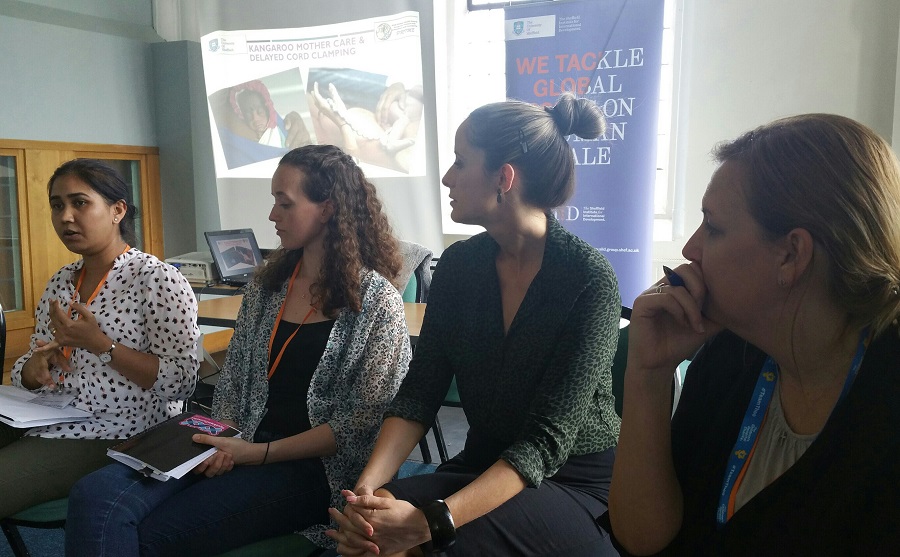
PRIME PhD Students (left to right) Salam, Kavanagh, Gillespie, Parris in the PRIME panel at the 10th SIID PG Conference (photo credit: Balen)
For anyone interested in attending similar events, we would like to bring the following to your attention:
- "Inwards-Outwards: exploring the ethics of decolonial research" – on Thursday 27 June (09.30 – 16.00) at The University of Sheffield
- "Decolonizing methodologies symposium" – on Friday 28 June (09.00 – 13.00) at Sheffield Hallam University
Written by

By Dr Julie Balen,
Lecturer in Global Health,
The University of Sheffield, UK

